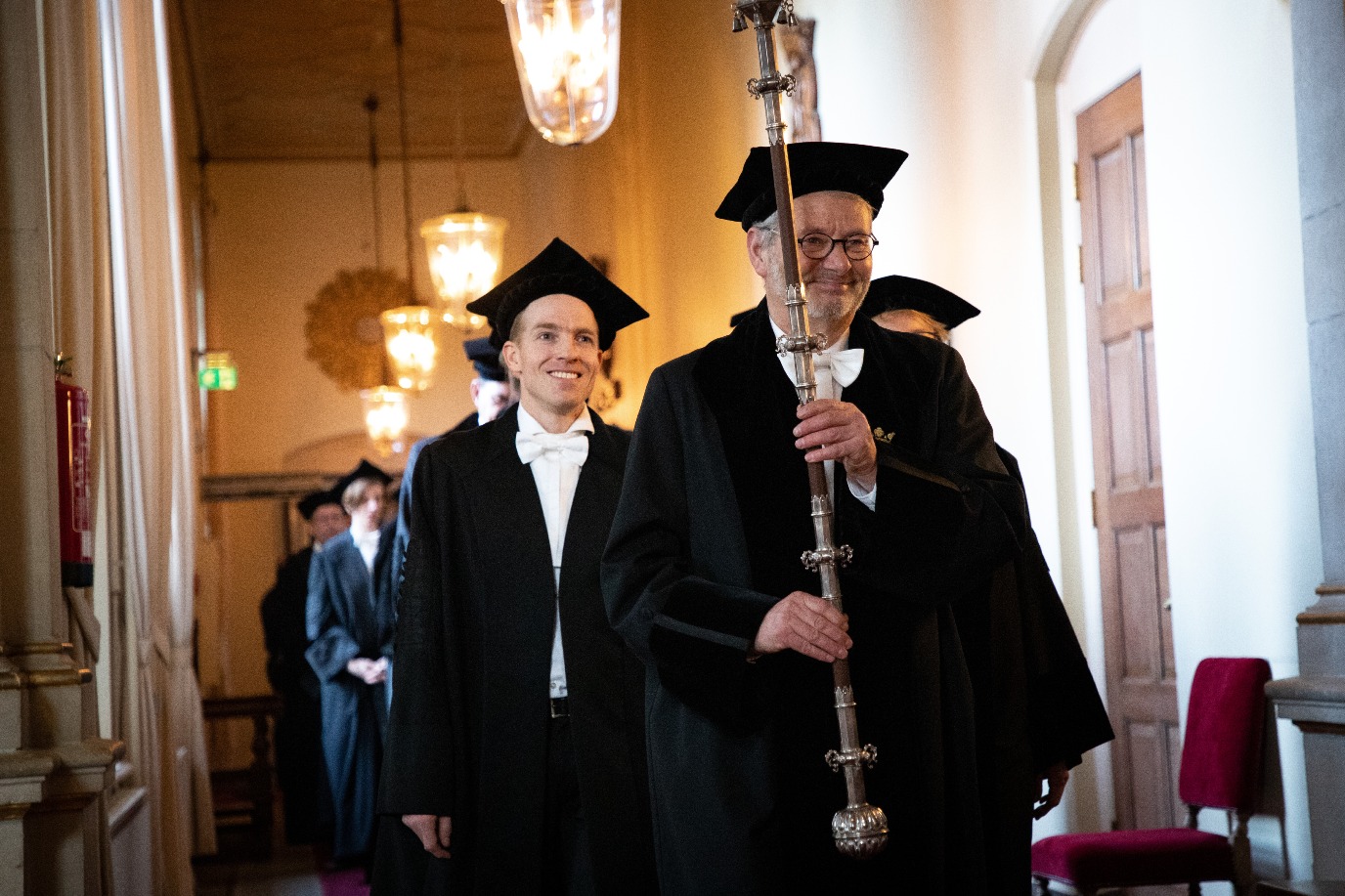Do you speak a foreign language better after a beer?
Answer by Martijn Wieling, Professor by special appointment of Dutch Low Saxon/Groningen Language and Culture and associate professor of Information Science at the University of Groningen
Higher alcohol levels in the blood do not seem to improve pronunciation skills in a non-native language, nor make them any worse. In the mother tongue, however, pronunciation does worsen under the influence of alcohol. These are the results of a study conducted by us during Lowlands Science 2018 .
During Lowlands Science 2018, we asked over 100 participants to take a breathalyzer test and asked them to say sentences in both their first language (Dutch) and English. We assessed the intelligibility of the pronunciations in both languages by having (sober) Dutch native speakers rate the Dutch pronunciations, and English native speakers rate the English pronunciations online. While pronunciation of the Dutch sentences was rated lower for participants with a higher blood alcohol concentration, the alcohol level had no effect on the rating of the English sentences. We also made a video about how we conducted this research.
The negative effect on speaking in the mother tongue is due to the impact of alcohol on the fine motor skills needed to move the tongue to speak. However, the absence of this negative effect in the non-native language cannot be clearly explained based on this study. It could be that the reduced fine motor skills cause the influence of the mother tongue (the accent) on the non-native language to become less apparent. However, it is also possible that alcohol does not equally affect the brain regions responsible for speaking a native language versus a non-native language. More details about the study can be read in the academic article published based on this research.

Who is Martijn Wieling?
Martijn Wieling is Professor by special appointment of Dutch Low Saxon/Groningen Language and Culture and associate professor of Information Science at the University of Groningen. He is an expert in the field of speech (technology) and quantitative analysis of dialect variation, with a focus on Lower Saxon and, therein, the Groningen language.
UG Lustrum:
Celebrate 410 years of science with us!
This campaign is part of the University of Groningen Lustrum in 2024. The University of Groningen will then have been in existence for 410 years.


